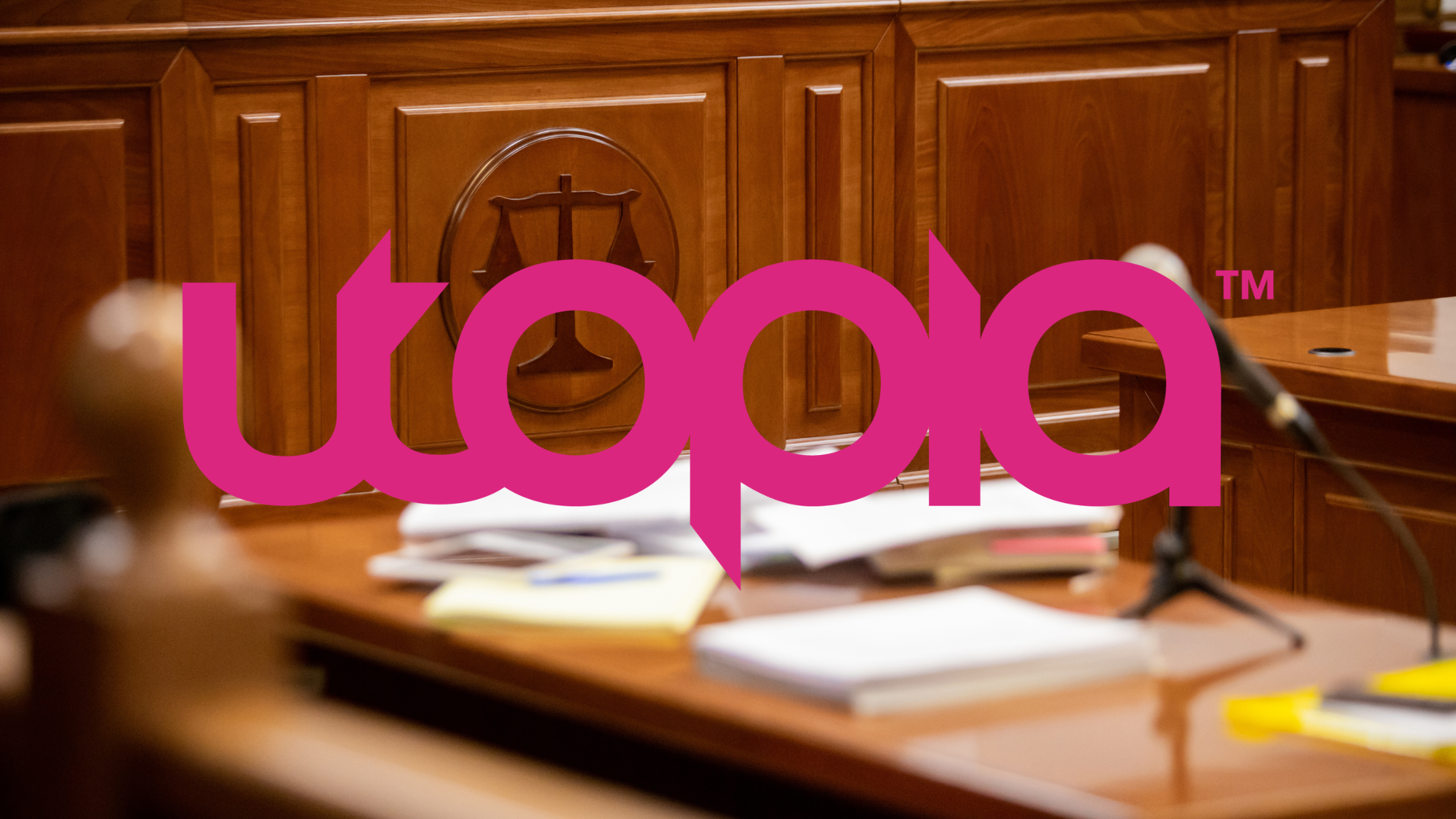A CMU report put the spotlight on allegations of significant mismanagement at Bristol-based digital music distributor 3tone. An extensive investigation has confirmed that the company owes numerous artists and managers tens of thousands of pounds in unpaid royalties and has racked up a string of unsettled employment tribunal judgements for unlawful deduction of wages from employees. Despite reports in some trade press last September that the company had raised $50 million in investment - which turned out to be untrue - the distributor has admitted that it has spent royalties it received on behalf its artist and label clients in order to cash flow the company. Trade organisations FAC, MMF and AIM have all expressed concern about the revelations and the impact the issues at 3tone could have on their members, while also calling for a debate on how the industry can ensure that revenue due to artists and labels is protected if their distribution partners face financial challenges.
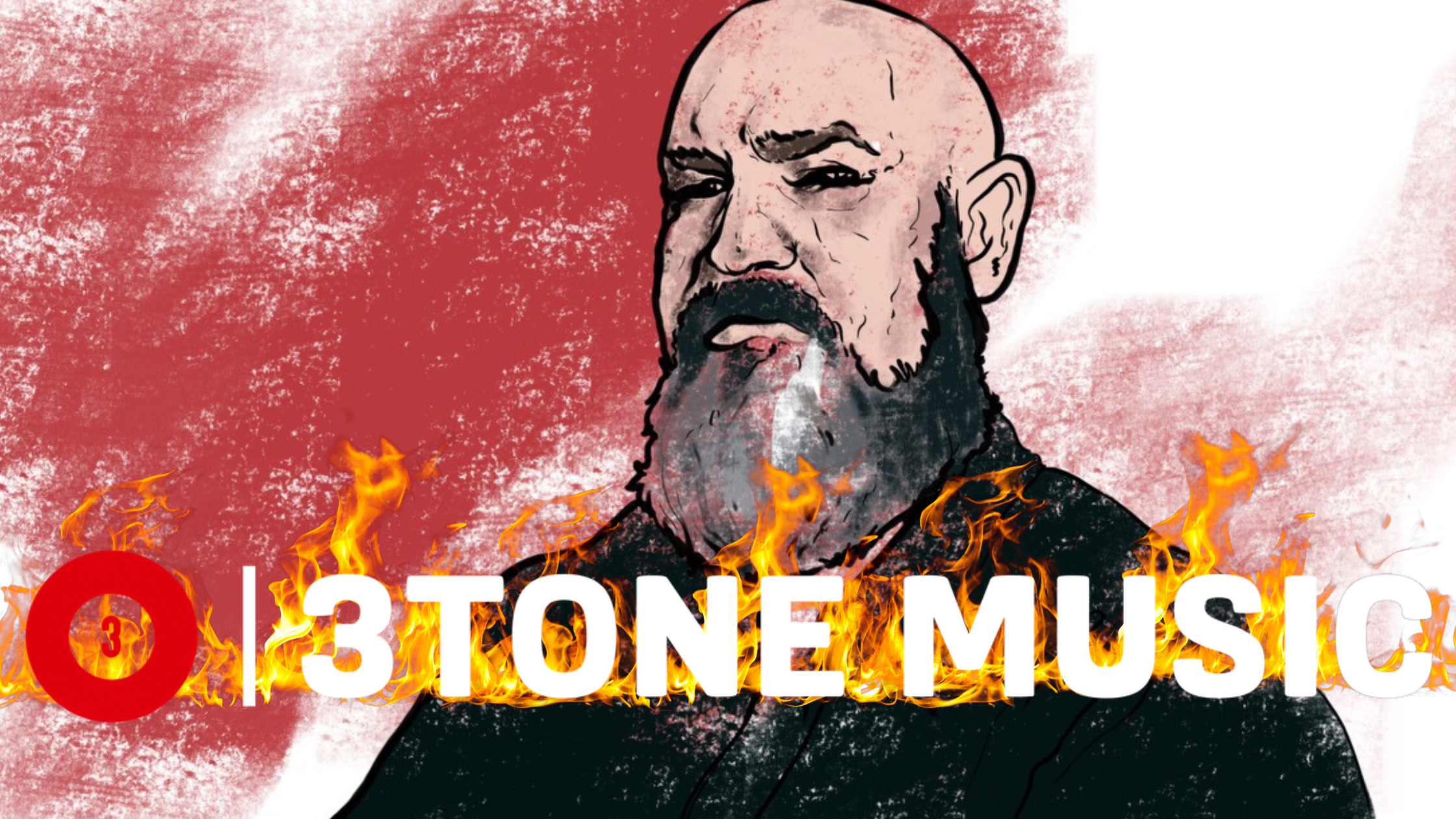
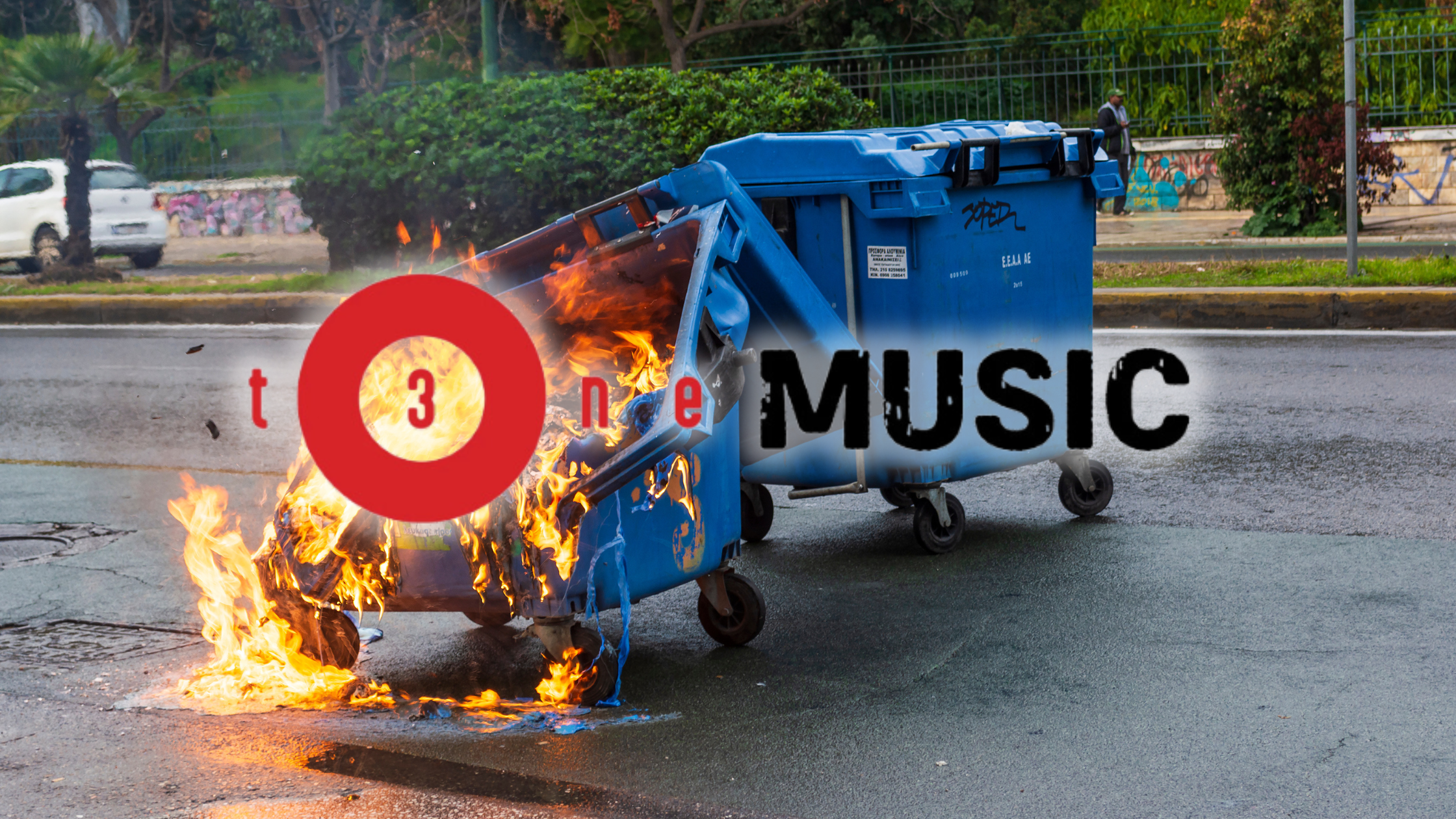
It emerged that Spotify is in talks with labels and distributors about changing its track allocation system. Like with Deezer - which started piloting a new system this month - Spotify's proposed changes seek to address issues raised over the course of this year by the major record companies. There will be extra complexities when Spotify allocates its revenues to individual tracks each month. Currently, all tracks are treated equally for track allocation purposes, with plays being counted at 30 seconds. Under the proposed new rules functional audio tracks would need to be played for longer for a play to be counted. There would also be a new annual threshold - ie a minimum number of plays - that any one track would have to pass in order to be allocated any money at all. The latter proposal is, unsurprisingly, proving controversial within parts of the wider music community. Artists and songwriters are also increasingly annoyed they have not been consulted about any of these changes.

Investors in the Hipgnosis Songs Fund voted against continuation. As the routine vote of shareholders in the music rights-owning entity approached, there was increased scrutiny of the Fund, its board and the separate company Hipgnosis Song Management, which advises the Fund and manages its catalogues. The board proposed selling some catalogues to the separate Blackstone-backed Hipgnosis Songs Capital with the aim of using the profits to boost the Fund's share price. The current share price has been a key concern of investors, though the proposed Hipgnosis-to-Hipgnosis sale was nevertheless criticised by some shareholders. In the end, 83.2% of those shareholders voted against continuation. That doesn't mean the Fund will be wound up, but a "reset" is required. A new Chair will now be appointed to oversee an already announced strategic review to consider how the Fund can move forward.
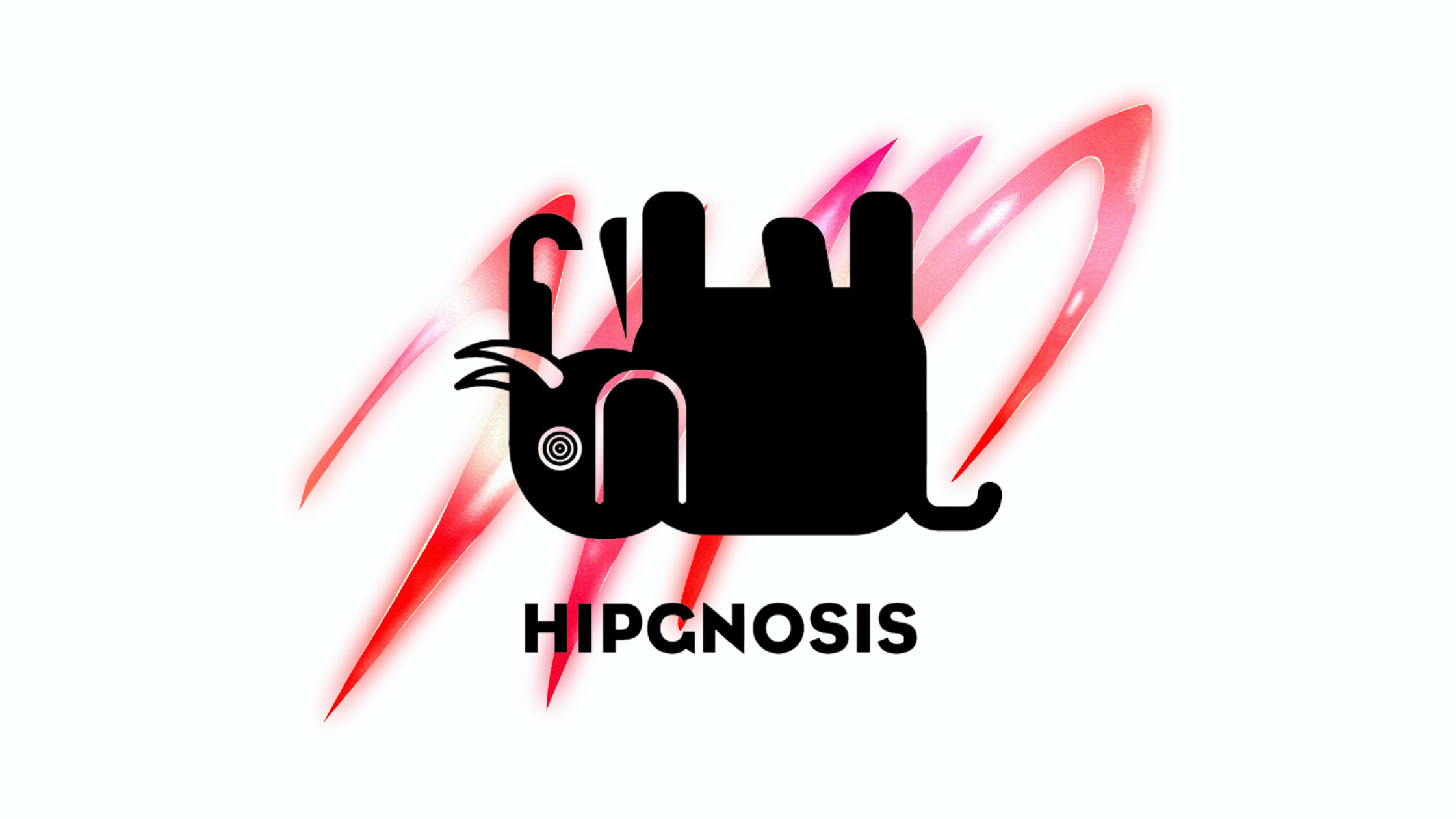
CISAC published its annual Global Collections Report, confirming digital is now the biggest revenue generator for songwriters and music publishers. The report aggregates data from all the song right collecting societies around the world. Total collections across all CISAC member societies in 2022 were up 28% to €10.8 billion. Live and public performance income, which took a big hit during the COVID lockdowns, was up 68.2%, but still below pre-pandemic levels at €2.5 billion. Digital revenues were up 33.5% to €4.1 billion, meaning digital now accounts for 37.7% of collections, broadcast 32.8% and performance 23.2%. Not all streaming income flows through the collective licensing system which means some digital revenue is not even captured in this report, and therefore digital is an even bigger deal than the CISAC numbers show.
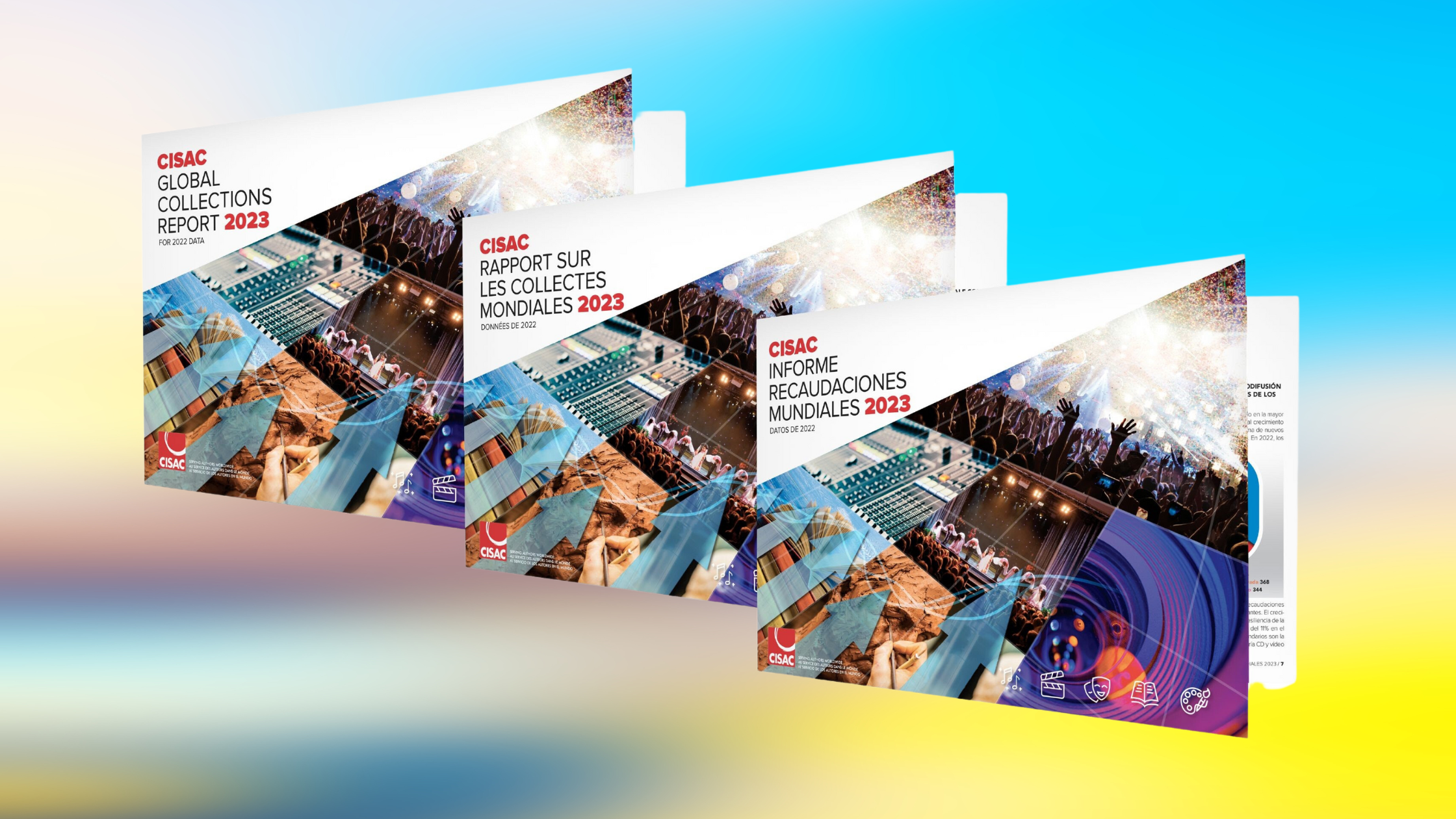
Utopia was sued for a second time by LA-based rights management platform SourceAudio in relation to an aborted acquisition. SourceAudio first sued last year, claiming that Utopia had bailed on a deal to acquire the company that was originally agreed in March 2022. At the time Utopia had been rapidly growing through acquisition, but by the end of 2022, it was facing a number of financial challenges. The original lawsuit was seemingly settled after Utopia agreed to make some additional payments to SourceAudio. But it has missed two of those payments, hence the new lawsuit. SourceAudio's lawyers said that Utopia's "gameplaying must come to an end", but Utopia Chairman Mattias Hjelmstedt countered that the "payment delay is not in any way some sort of ‘gameplaying’", rather the company has "unfortunately experienced delays in several incoming payments which has led to an unfortunate chain reaction and delayed the last two payments".
